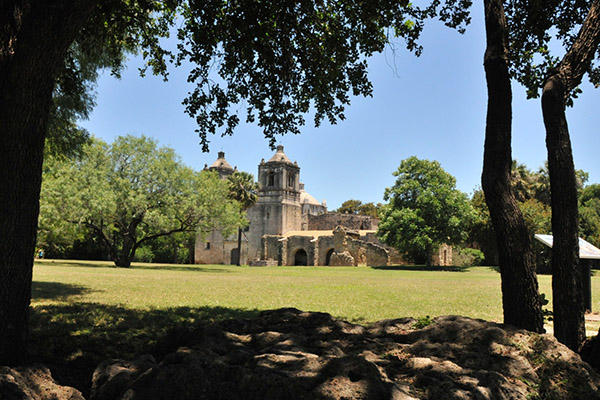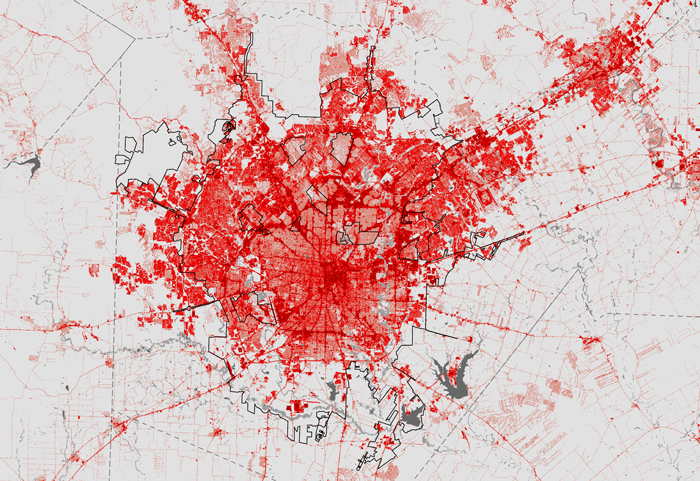SA+P Research Centers and Labs
The SA+P is home to two Research Centers–the Center for Cultural Sustainability and the Center for Urban and Regional Planning Research–as well as multiple Labs. Collectively, these units support transdisciplinary academic and applied research in the areas of environmental sustainability, building technology, material science, historic preservation, urban and regional planning, and community design. SA+P Research Centers and Labs pursue impact beyond the university, collaborating with academic and industry partners, governments, NGOs, and community groups to identify grand challenges, generate new knowledge bases, and develop applied solutions for the built environment.
Research Centers

Center for Cultural Sustainability
The CCS provides academic research and services to benefit communities, completes large-scale research projects, provides research and educational opportunities for graduate students, and convenes leaders in the field for dialogue on global practices concerning sustainable development and construction.

Center for Architectural Engagement
The CAE serve to support the college's community engagement and service-learning initiatives. Our center champions and oversees all ongoing and new engagement activities for the College of Architecture. By doing so, we can take our engagement programs from good to great for the city and the region.
Research Labs

Urban Future Lab
UTSA's Urban Future Lab aims to increase the scope of design and leverage social and cultural currencies to more directly engage in the processes of spatial production and economic development. It is an interdisciplinary think tank and research/teaching lab promoting action through design research, citizen agency and public interest to address the challenges of contemporary urbanization.

SentinelHive
SentinelHive is a research laboratory at the University of Texas at San Antonio committed to enhancing building performance through trustworthy technologies. It enables developers, manufacturers, and service providers –as trustees– to safeguard the interests of building occupants –as trustors– while delivering improved comfort and energy efficiency. The lab’s research focuses on the four characteristics of trustworthy systems: benevolence, reliability, interpretability, and security.

GeoDesign + Planning Lab
GeoDesign + Planning Lab at the University of Texas at San Antonio aims to promote sustainable and resilient communities through geospatial research approaches to urban design and planning processes. We focus on diverse ways to measure geographic context, land use patterns, and environmental conditions through GIS and spatial modeling to identify significant patterns, design ideas, and policy recommendations that could enhance the quality of life, especially in socially vulnerable communities.

Climate-Sensitive Design Lab (CSDL)
The Climate-Sensitive Design Lab (CSDL) at UTSA conducts interdisciplinary research on the intersection of urban microclimates, building energy performance, and environmental justice. With a focus on vulnerable communities, the lab uses computational modeling, field measurements, and community engagement to develop design strategies that mitigate urban heat, enhance thermal comfort, and promote energy equity.

